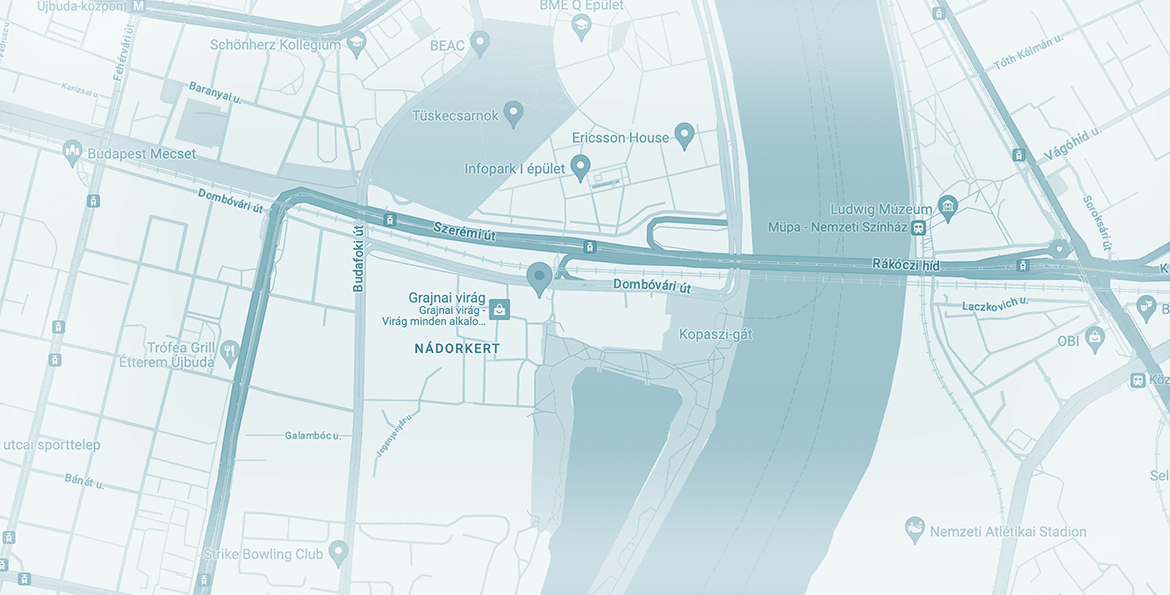
Taxing distance selling in the EU
What is distance selling? How is distance selling taxed in the EU? When exactly do I have to register for VAT in the other EU member state? Learn more.
What is distance selling? How is distance selling taxed in the EU? When exactly do I have to register for VAT in the other EU member state? Learn more.
What is distance selling?
Distance selling is when a taxable entity in the EU (so an EU company) is selling products to an individual (not a company) resident in another EU country.
How is distance selling taxed in the EU?
In the EU, the rule of thumb is to respect the laws of the target country. As a result, “place of delivery” of the product is always the country where the person buying the product lives. This would mean that your EU company should register under VAT in all EU countries where you are delivering your products, and pay VAT there.
Do I really have to register under VAT in every EU member state?
No, you don’t. To make life easier for distance sellers, each EU member state has determined a yearly limit. If your yearly sales to residents of the given state do not reach this limit, you do not have to register under VAT in that country.
This limit is different in each country, but it is between EUR 35,000 and EUR 100,000 (without VAT, of course). As a result, you and your accountant must keep an eye on where you are selling your products, and keep the limit in each of those countries in mind.
You can check out the limits for each country here. (Please consider the second batch: “Threshold for application of the special scheme for distance selling”.)
E.g. You have a Hungarian company, distance selling products to individuals resident in Slovakia. For Slovakia, the limit is EUR 35,000.
- While the sum of all your yearly sales remains below EUR 35,000, you are adding Hungarian VAT (27%) to the price of your products.
- Once you reach the limit of EUR 35,000 in sales to individual residents in Slovakia, you will have to add Slovakian VAT (20%) to the price of your products instead of the Hungarian.
When exactly do I have to register for VAT in the other EU member state?
You must register your company in the other EU member state BEFORE reaching the limit. At the same time, you should communicate this to the Hungarian Tax Authority as well.
E.g. Your Hungarian company has already sold products worth EUR 34,950 to individuals resident in Slovakia. Whatever you sell next, your total sales to Slovakia will surely pass the limit. As a result, you have to register under VAT in Slovakia NOW – and report this to the Hungarian tax authority as well.
After registering under VAT in another member state, relevant sales should be reported to the tax authority of the given country.
Can I register my company for VAT in other EU member states BEFORE I reach the limit?
Yes, you can. In Hungary, VAT is quite high, so it makes sense to register your Hungarian company for VAT in other EU member states, this way reducing the VAT content of your products, making them more attractive to buyers living in other member states.
However, for registering under VAT in a foreign country and submitting VAT reports there, you will need a local accountant, which will raise your accountancy costs. Accordingly, you should consider carefully in which member states you want to register your distance selling under the VAT, and whether your extra sales there compensate for the increased accountancy costs.
Disclaimer: The data in this article reflect the state of affairs upon publication. To get up-to-date information, always consult your accountant.
Contact
Get in touch today
Monday - Friday
9am - 5pm CET
Helpers Finance Kft.
Budapart Gate
Dombóvári út 27
Budapest 1117, Hungary
If you’re visiting us, please use entrance A and come to the 2nd floor.



